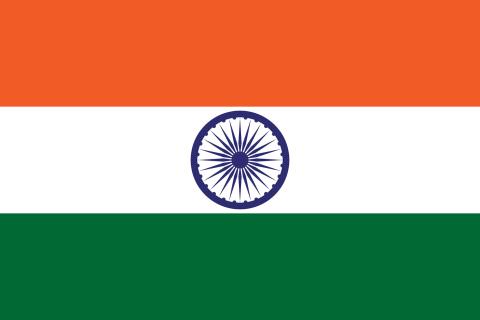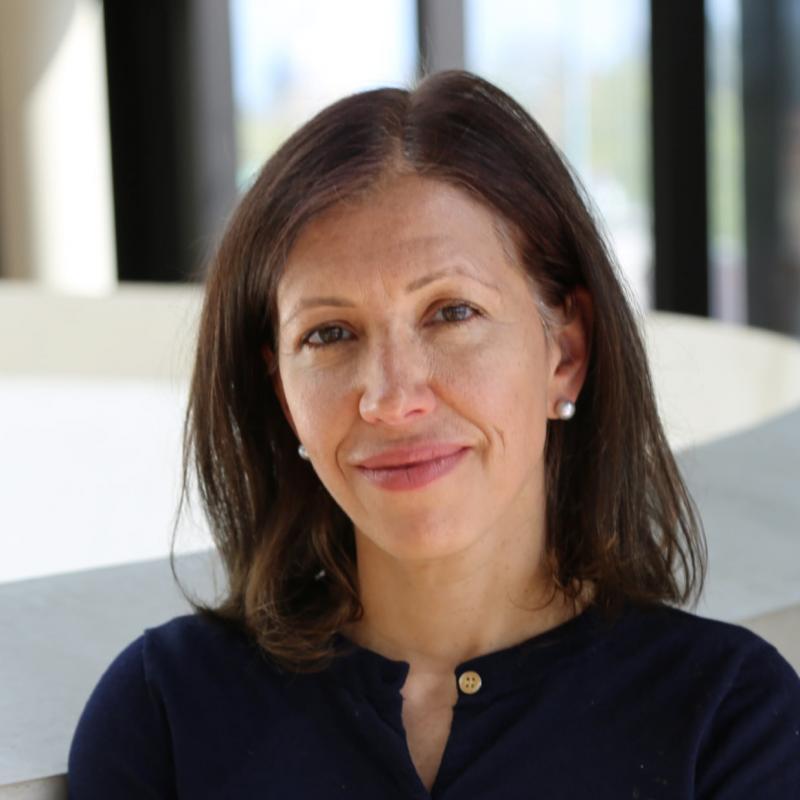Breadcrumb

As temperatures swell across India and anticipation grows for the election result next week, join us to discuss the impact of the election including the prospects for a country that has seen repression of democratic rights and institutions. How will the winning party use their new mandate? What will the result mean for minority rights?
Join Maya Tudor, Associate Professor of Government and Public Policy, Pratap Bhanu Mehta, Laurence S Rockefeller Visiting Professor for Distinguished Teaching at Princeton University, Manisha Pande, Managing Editor of Newslaundry, and Atul Kohli, David KE Bruce Professor of International Affairs at Princeton University, as they discuss the election results and how this might impact the direction for the country.
Speaker biographies
Pratap Bhanu Mehta is the Laurence S Rockefeller Visiting Professor for Distinguished Teaching at Princeton University. He was previously Vice-Chancellor of Ashoka University, and President, Centre for Policy Research, Delhi. He has previously taught at Harvard, Ashoka University, Jawaharlal Nehru University and has been Global Faculty at NYU Law School. He has published widely in political theory, history of ideas, Indian constitutional law and politics in India. He is the author of The Burden of Democracy (Penguin 2003) and has produced several edited volumes. He is (most recently) co-editor with Madhav Khosla and Sujit Choudhary of The Oxford Handbook to the Indian Constitution. His forthcoming work looks at philosophical ideas about religion in 20th-century India. He is also a Fellow of the British Academy and SSRC Fellow for 2020.
Dr Maya Tudor’s research investigates the origins of stable, democratic and effective states across the developing world, with a particular emphasis on South Asia. She was educated at Stanford University (BA in Economics) and Princeton University (MPA in Development Studies and PhD in Politics and Public Policy). She has held fellowships at Harvard University’s Belfer Center for Science and International Affairs, Oxford University’s Centre for the Study of Inequality and Democracy, and Stanford University's Center for Advanced Study in the Behavioral Sciences. She is the author of articles in Comparative Politics, Party Politics, Perspectives on Politics, Annual Review of Political Science, and Indian Politics and Policy. Her writing has also appeared in Foreign Affairs, The Hindu, New Statesman, Washington Post, and Indian Express.
Manisha Pande, Managing Editor of Newslaundry, an Indian media watchdog that provides media critique, reportage and satirical commentary. Manisha is also host and writer of TV Newsance, a weekly news and critique show. Manisha has been a journalist in India for over a decade and tracks the Indian media ecosystem. She has a weekly news and satire show that looks at news coverage on mainstream TV news channels. She has won the Ramnath Goenka Award for Best Investigative Journalism in 2016.
Atul Kholi is the David KE Bruce Professor of International Affairs at Princeton University. His principal research interests are in the area of political economy of developing countries. He is the author of Imperialism and the Developing World: How Britain and the U.S. Shaped the Global Periphery (forthcoming, 2019); Poverty amid Plenty in the New India (2012) (a Foreign Affairs Best Book of 2012 on Asia and the Pacific); State-Directed Development: Political Power and Industrialization in the Global Periphery (2004) (winner of the Charles Levine Award (2005) of the International Political Science Association); Democracy and Discontent: India's Growing Crisis of Governability (1991); and The State and Poverty in India (1987). He has also edited or co-edited ten volumes (most recently, States in the Developing World, 2017; and Business and Politics in India, forthcoming) and published some sixty articles. Through much of his scholarship he has emphasised the role of sovereign and effective states in the promotion of inclusive development.




